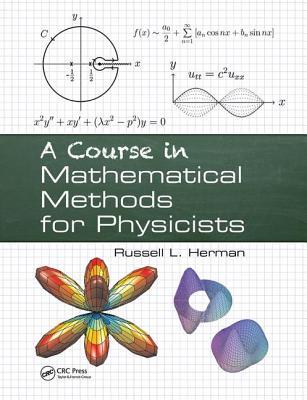Bessel functions (J_{p}(lambda x)) are solutions of (x^{2} y^{prime prime}+x y^{prime}+left(lambda^{2} x^{2}-p^{2} ight) y=) 0 . Assume
Question:
Bessel functions \(J_{p}(\lambda x)\) are solutions of \(x^{2} y^{\prime \prime}+x y^{\prime}+\left(\lambda^{2} x^{2}-p^{2}\right) y=\) 0 . Assume that \(x \in(0,1)\) and that \(J_{p}(\lambda)=0\) and \(J_{p}(0)\) is finite.
a. Show that this equation can be written in the form \[\frac{d}{d x}\left(x \frac{d y}{d x}\right)+\left(\lambda^{2} x-\frac{p^{2}}{x}\right) y=0\]
This is the standard Sturm-Liouville form for Bessel's equation.
b. Prove that \[\int_{0}^{1} x J_{p}(\lambda x) J_{p}(\mu x) d x=0, \quad \lambda eq \mu\]
by considering \[\int_{0}^{1}\left[J_{p}(\mu x) \frac{d}{d x}\left(x \frac{d}{d x} J_{p}(\lambda x)\right)-J_{p}(\lambda x) \frac{d}{d x}\left(x \frac{d}{d x} J_{p}(\mu x)\right)\right] d x\]
Thus, the solutions corresponding to different eigenvalues \((\lambda, \mu)\) are orthogonal.
c. Prove that \[\int_{0}^{1} x\left[J_{p}(\lambda x)\right]^{2} d x=\frac{1}{2} J_{p+1}^{2}(\lambda)=\frac{1}{2} J_{p}^{\prime 2}(\lambda)\]
Step by Step Answer:

A Course In Mathematical Methods For Physicists
ISBN: 9781138442085
1st Edition
Authors: Russell L Herman





